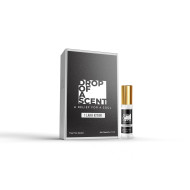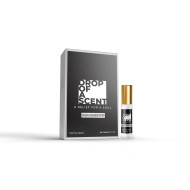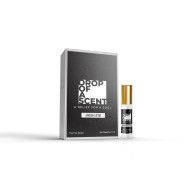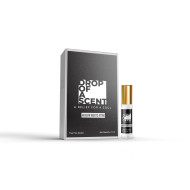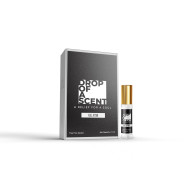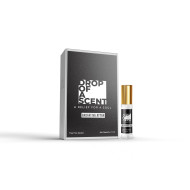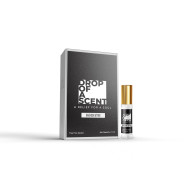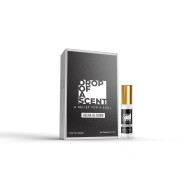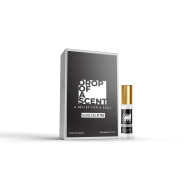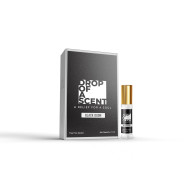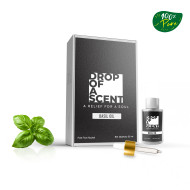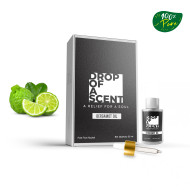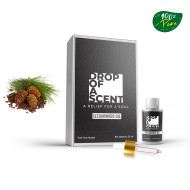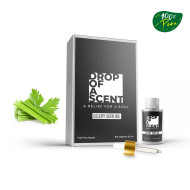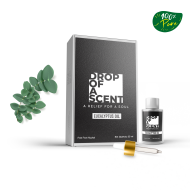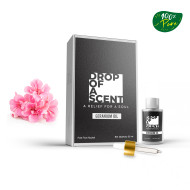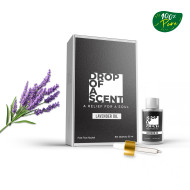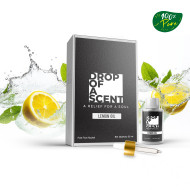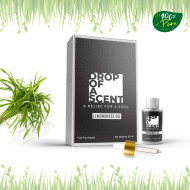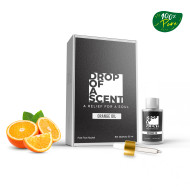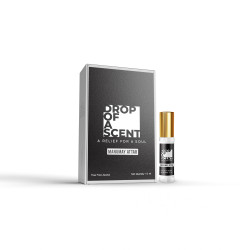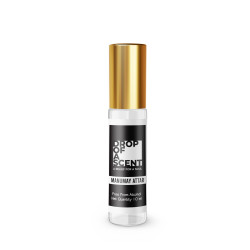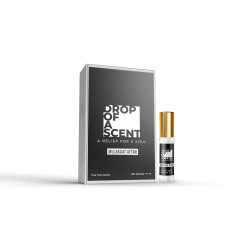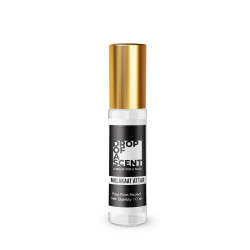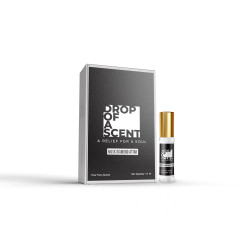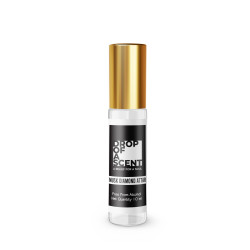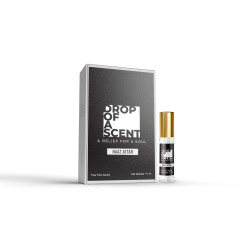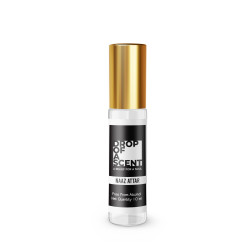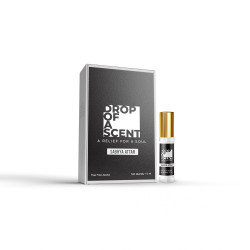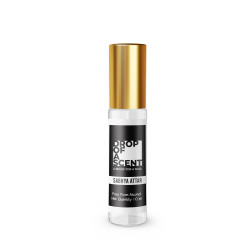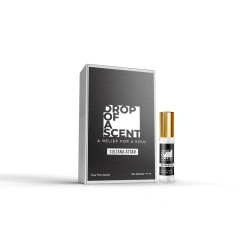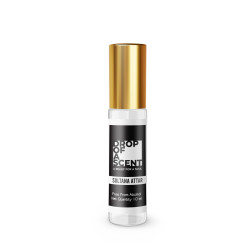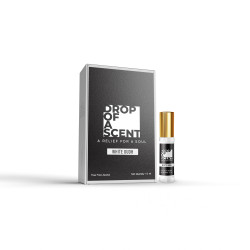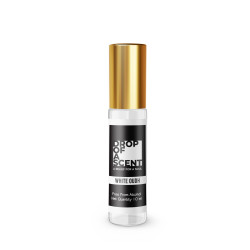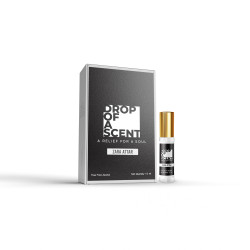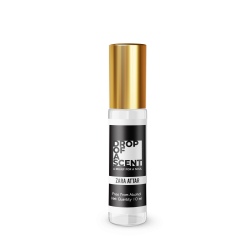Embracing Tradition: The Essence of Arabic Fragrance
Arabic fragrances, steeped in centuries-old tradition and mystique, hold a timeless allure that transcends cultural boundaries. Rooted in the rich tapestry of Arabian history and heritage, these fragrances embody the essence of luxury, elegance, and spirituality, captivating the senses with their opulent blends and evocative aromas.
At the heart of Arabic fragrance lies a deep reverence for nature's bounty and the art of perfumery. For millennia, the deserts and oases of the Arabian Peninsula have yielded precious botanical treasures, from exotic flowers and rare spices to aromatic woods and resins. Through meticulous craftsmanship passed down through generations, these raw materials are transformed into exquisite fragrances that reflect the spirit of the region.
One of the hallmarks of Arabic perfumery is the use of oud, also known as agarwood, a rare and precious resinous wood revered for its complex aroma and therapeutic properties. Extracted from the Aquilaria tree, oud is often referred to as "liquid gold" for its rarity and value, symbolizing luxury and refinement. Its deep, woody scent forms the foundation of many Arabic fragrances, adding depth, richness, and longevity to compositions.
In addition to oud, Arabic fragrances feature a symphony of other natural ingredients, each carefully selected for its olfactory profile and symbolic significance. Rose, jasmine, and orange blossom are prized for their intoxicating floral notes, while saffron, cardamom, and cinnamon lend warmth and spice to compositions. Frankincense and myrrh, ancient resins with sacred associations, infuse fragrances with an aura of spirituality and reverence.
The art of crafting Arabic fragrances is as much about storytelling as it is about scent. Each fragrance tells a tale of Arabian heritage, capturing the essence of desert landscapes, bustling souks, and ancient palaces. From the powdery sweetness of bakhoor, a traditional incense burned to perfume homes and clothing, to the smoky richness of bukhoor, a fragrant wood chip soaked in perfume oils, Arabic fragrances evoke a sense of nostalgia and longing for distant lands.
Arabic fragrances are not merely accessories; they are an integral part of daily life and social customs in many Arab societies. Perfume is considered a form of self-expression, a way to convey one's personality, status, and mood. It is also a cherished gift exchanged during special occasions such as weddings, births, and religious holidays, symbolizing love, respect, and hospitality.
In recent years, Arabic fragrances have gained international acclaim, captivating the hearts of fragrance enthusiasts and connoisseurs worldwide. The allure of these fragrances lies in their ability to transport the wearer to exotic locales and evoke emotions and memories beyond the realms of the ordinary. Whether worn as a personal indulgence or shared as a token of affection, Arabic fragrances continue to enchant and inspire, reminding us of the enduring beauty and cultural richness of the Arabian world.
In a fast-paced world driven by fleeting trends and mass-produced scents, Arabic fragrances stand as timeless treasures, a testament to the enduring legacy of craftsmanship, tradition, and artistry. As we immerse ourselves in their intoxicating aromas, we are invited to embark on a sensory journey that transcends time and space, connecting us to the ancient rhythms of the Arabian Peninsula and the eternal magic of fragrance.

